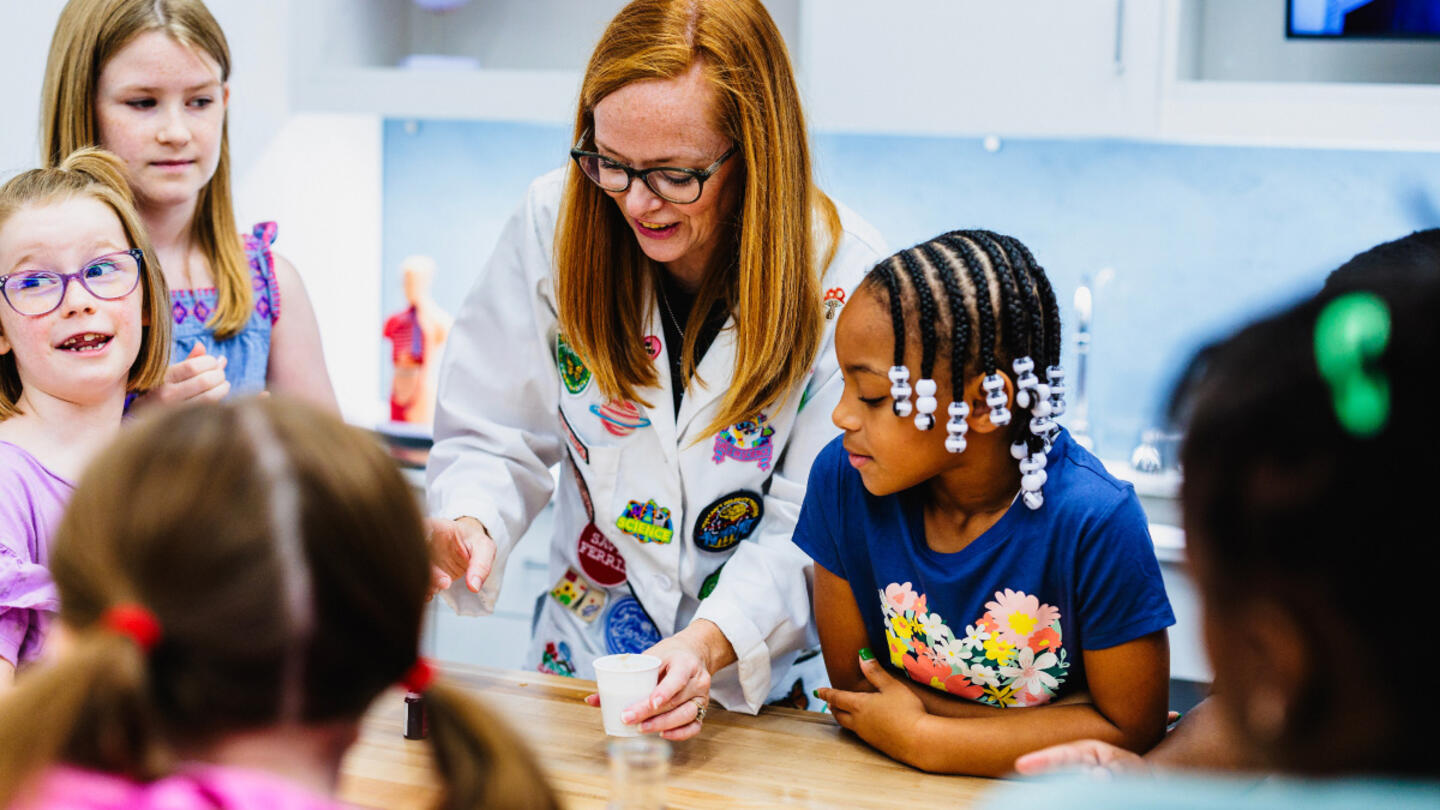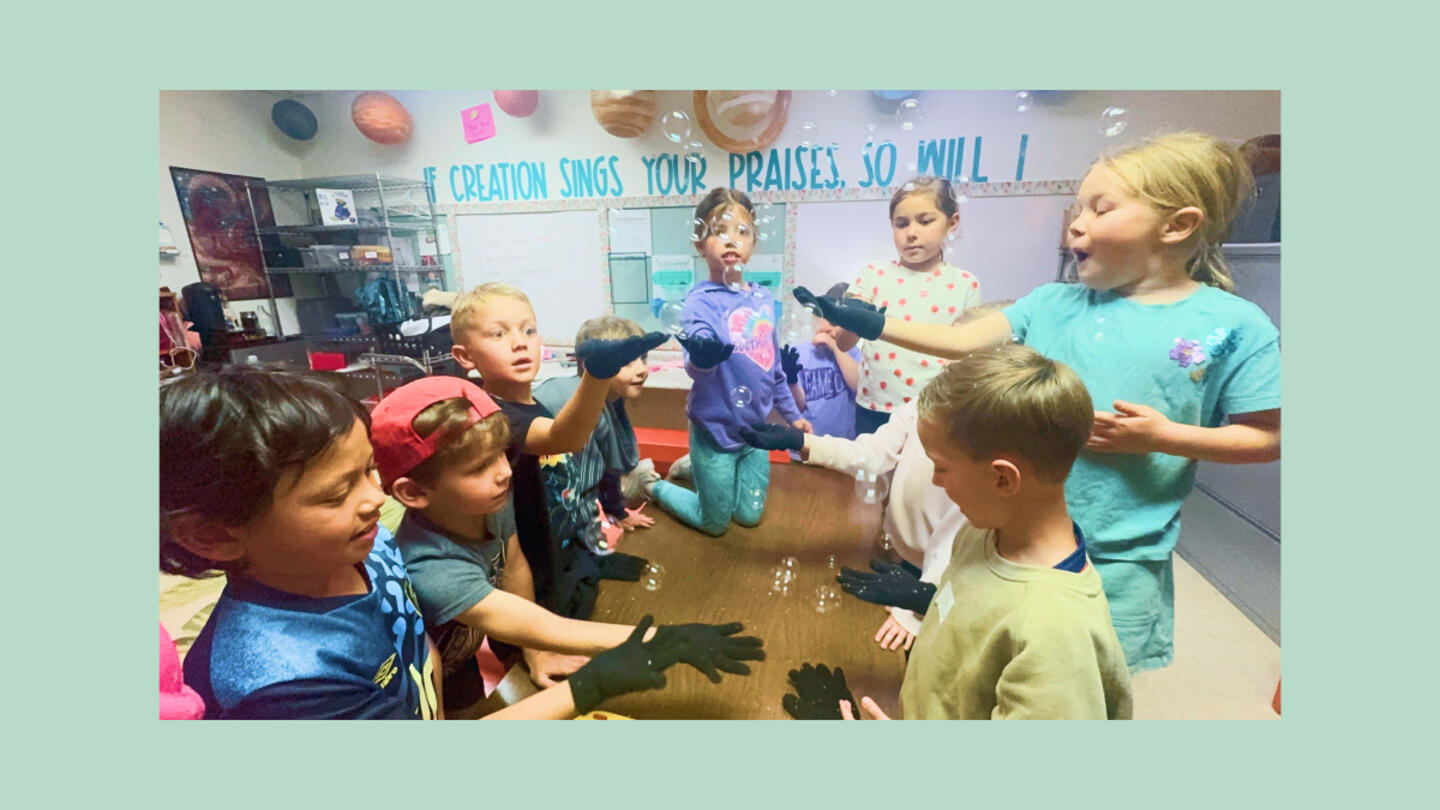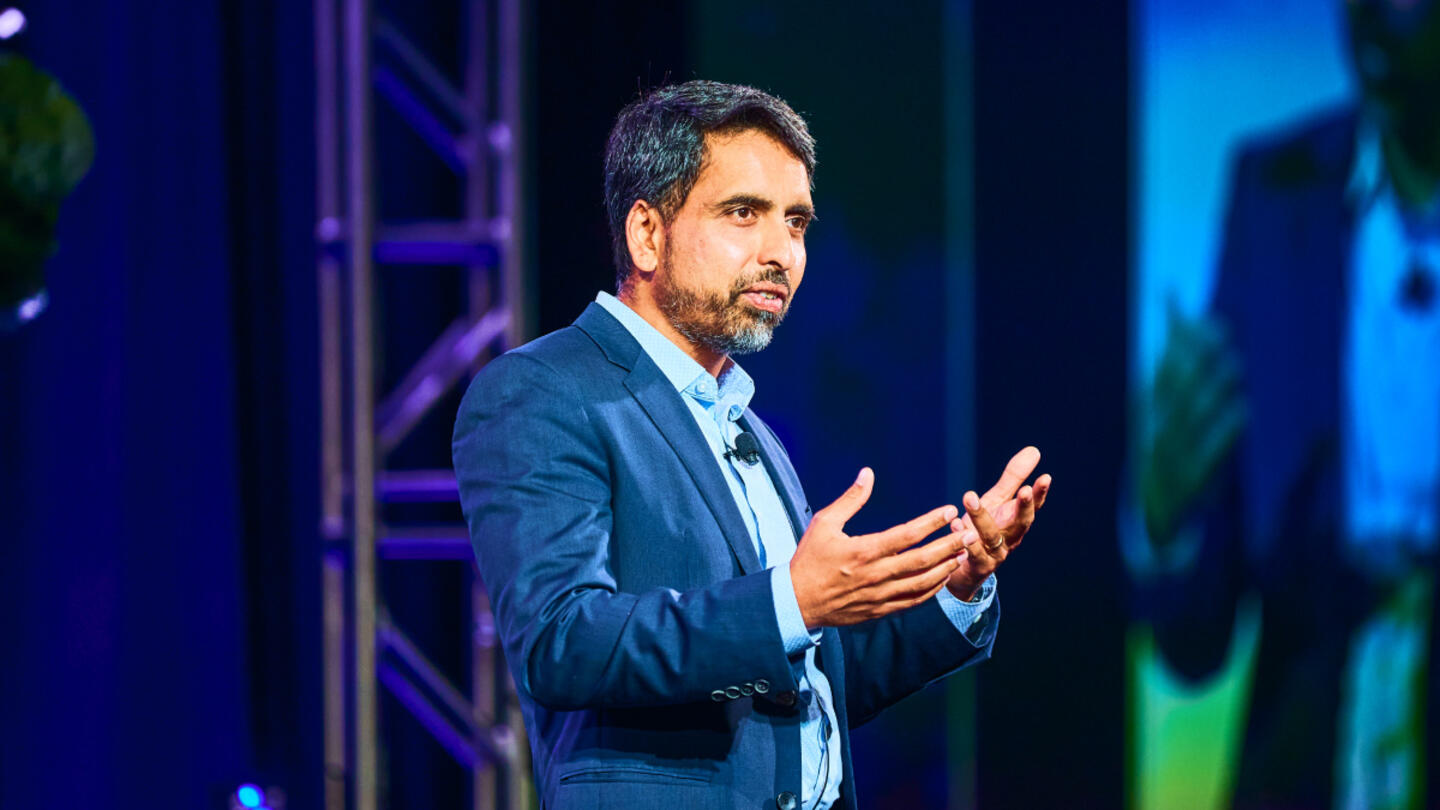This article was originally published by Stand Together Trust.
Artificial intelligence (AI) has sparked concerns and cultural fears regarding its potential negative impacts. Chief among those concerns is the fear that AI will inhibit learning by making things easier for students and preventing them from developing and mastering important skills such as writing, problem solving, and critical thinking.
In a recent TED Talk, Sal Khan, founder of Khan Academy and Stand Together Trust partner, challenged these anxieties and presented a compelling argument for the transformative role of AI in education. Particularly, Khan sees a way that AI can not only enhance human potential but also how it can accelerate access to individualized education for students worldwide.
Using the Khan Academy model of offering tutors to students, Khan presents a model that offers an AI personal tutor for every student. Rather than providing immediate answers, AI platforms like Khanmigo — what Khan and his team are calling their new innovation — engage students in thoughtful dialogue, prompting critical thinking and deeper understanding. By guiding students to explain their reasoning and identifying misconceptions, Khanmigo fosters an interactive and personalized learning experience.
Sign up for Stand Together's K-12 newsletter and get stories, ideas, and advice from changemakers who are transforming education across the country.
With this approach, it’s clear how AI can bridge educational gaps and empower learners of all backgrounds. Students are met where they are in concept mastery, meaning that students who are behind have a chance to catch up while students who are ahead are challenged to go further in their learning.
This isn’t to say there shouldn’t be caution when it comes to the expansion of AI. Khan admits that we can’t “just relax and just hope for the best … I think all of us together have to fight like hell to make sure that we put the guardrails in — when the problems arise … ” All the more reason that those committed to principled transformation in education should embrace Khanmigo — so that the right problems are identified and the most effective solutions are created.
“The most powerful use case,” Khan says, “and perhaps the most poetic use case is if AI can be used to enhance HI — human intelligence, human potential and human purpose.”
Sal Khan's work is supported by Stand Together Trust, which provides funding and strategic capabilities to innovators, scholars, and social entrepreneurs to develop new and better ways to tackle America’s biggest problems.
Learn more about Stand Together’s education efforts, and explore ways you can partner with us.

‘We want these boys to know that regardless of where they come from, they still can be excellent.’

This colearning space has the potential to bridge the divide between public and private education.

New Johns Hopkins data shows homeschooling’s recent surge has transformed the education landscape.
Step 1: Find the best learning environment for your child. Step 2? Figure out how to pay for it.
